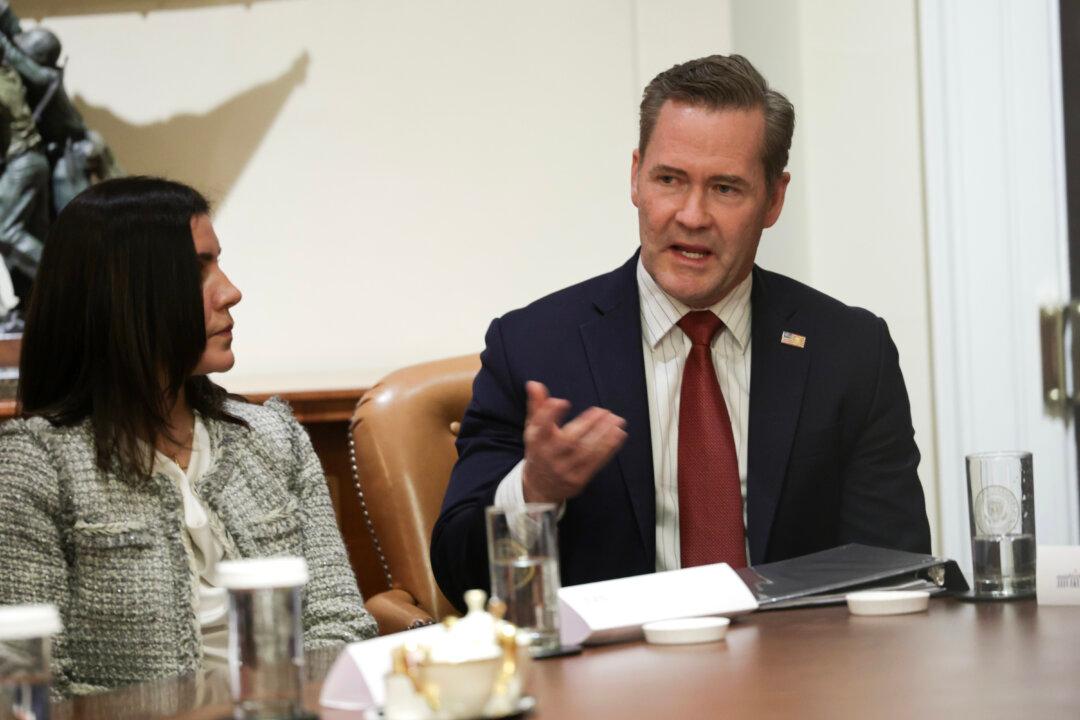Commentary
That advice—about telling the truth early, all, and yourself—has been my core strategy as a lawyer who specializes in crisis management and media communications strategy. It is the subtitle of a book I wrote 20 years ago. Pete Hegseth, for one, could ask his former Fox News Channel colleague, Sean Hannity, who often introduced me when I was a guest on his show as the “Tell it early, all, yourself” crisis management expert.


